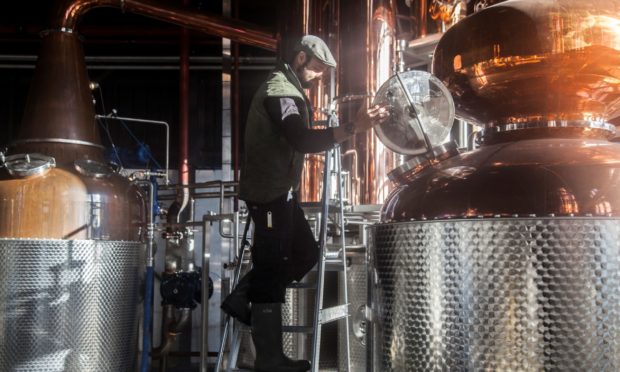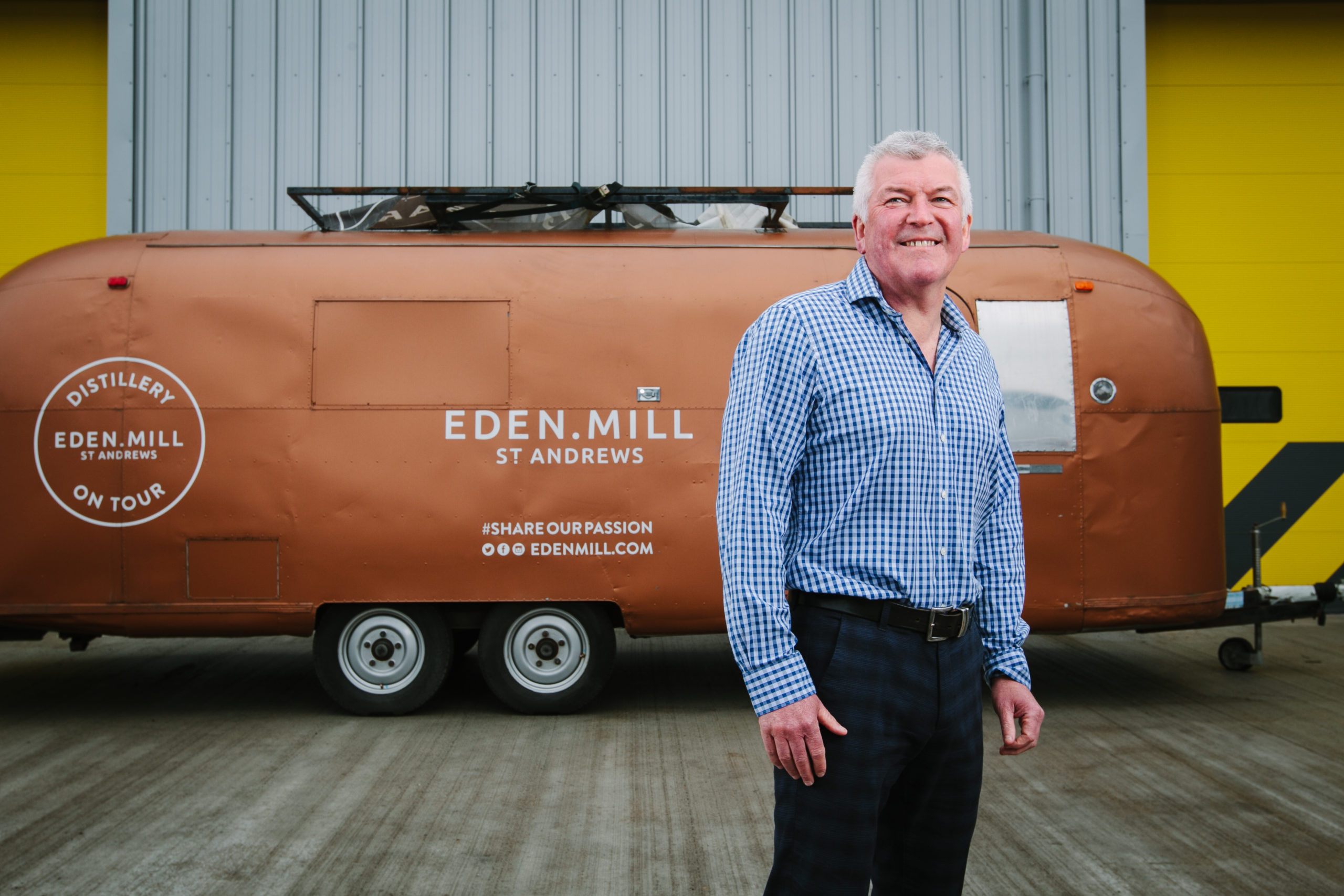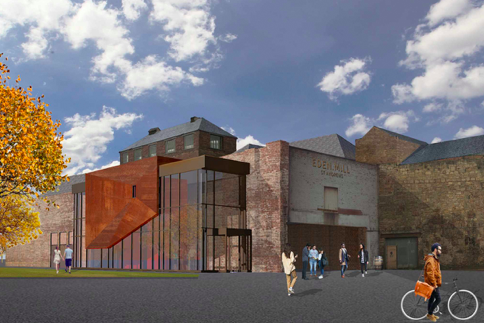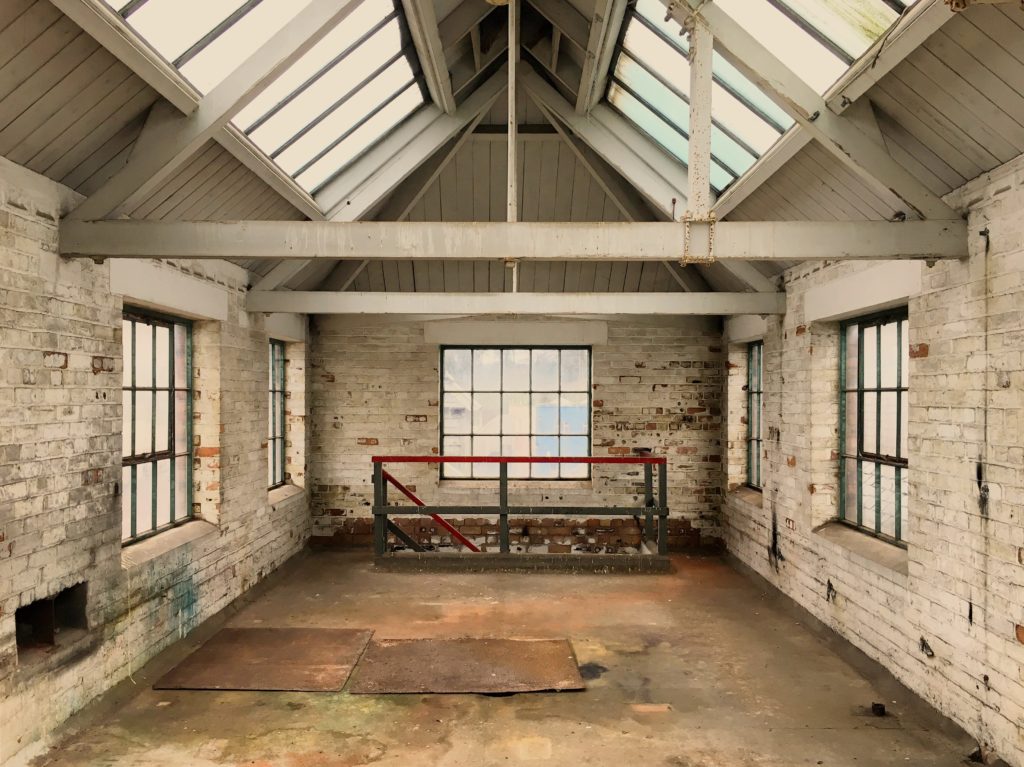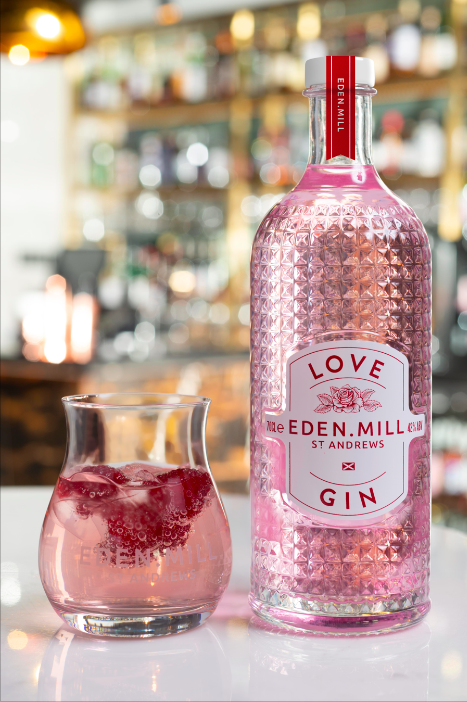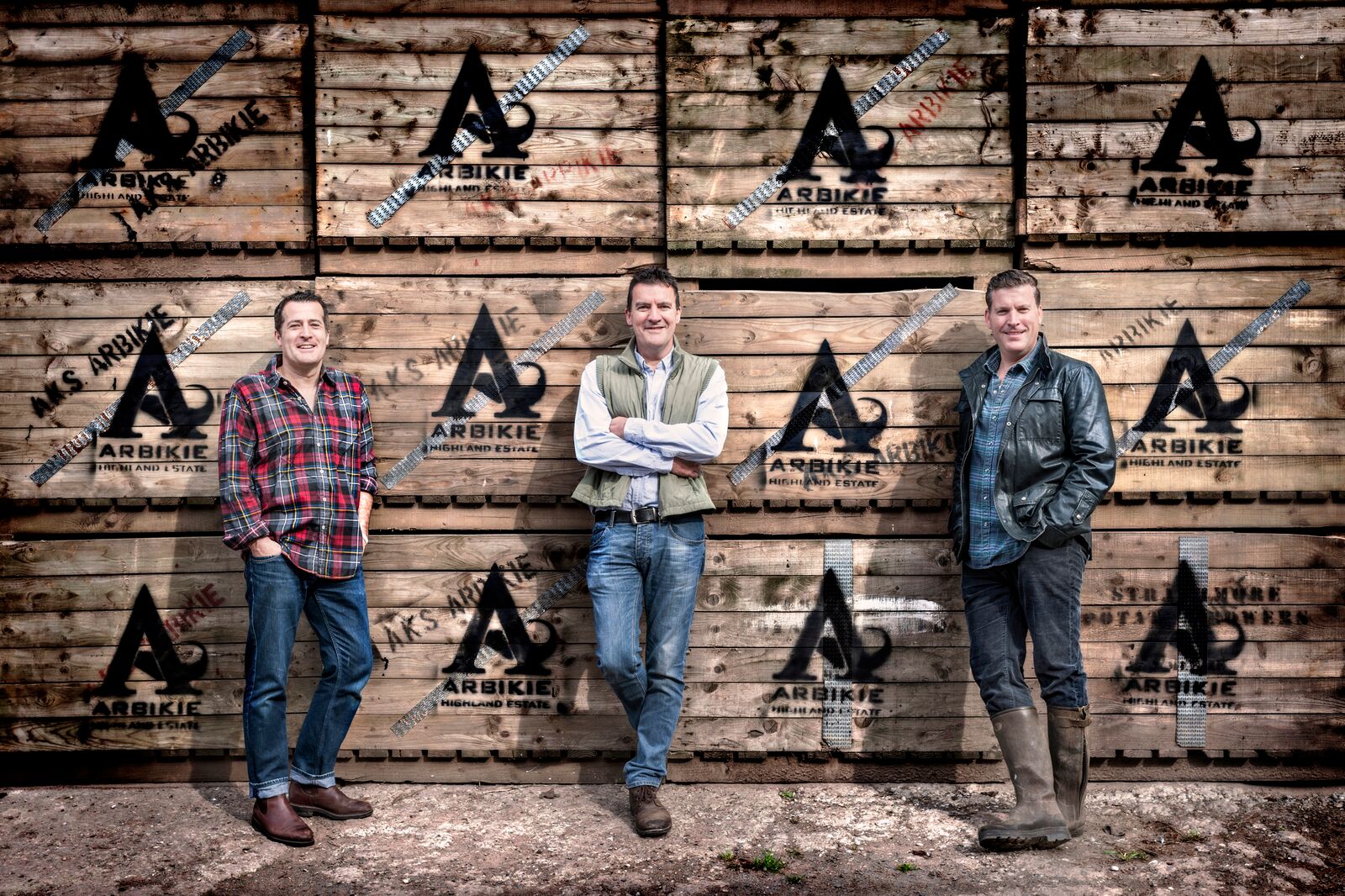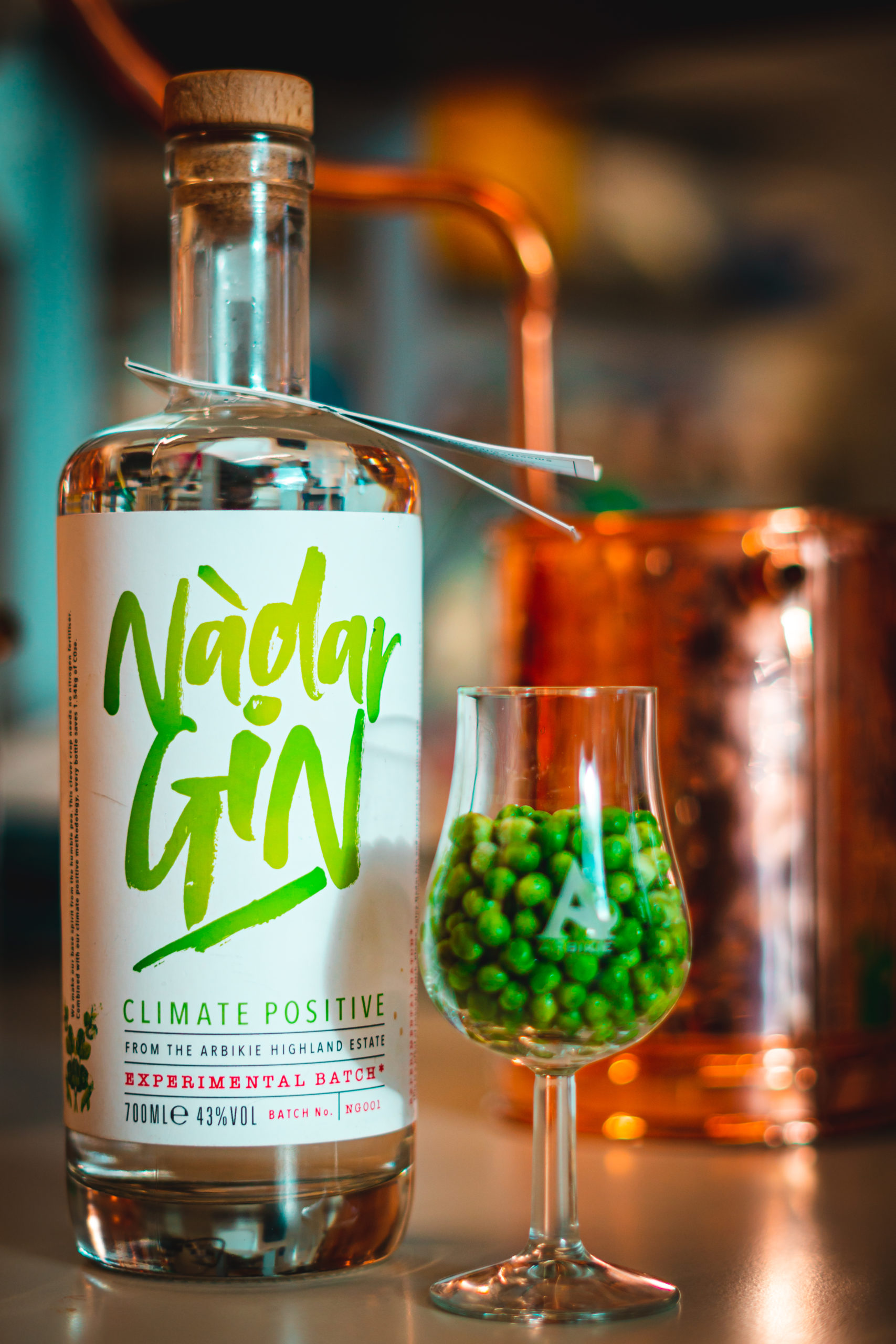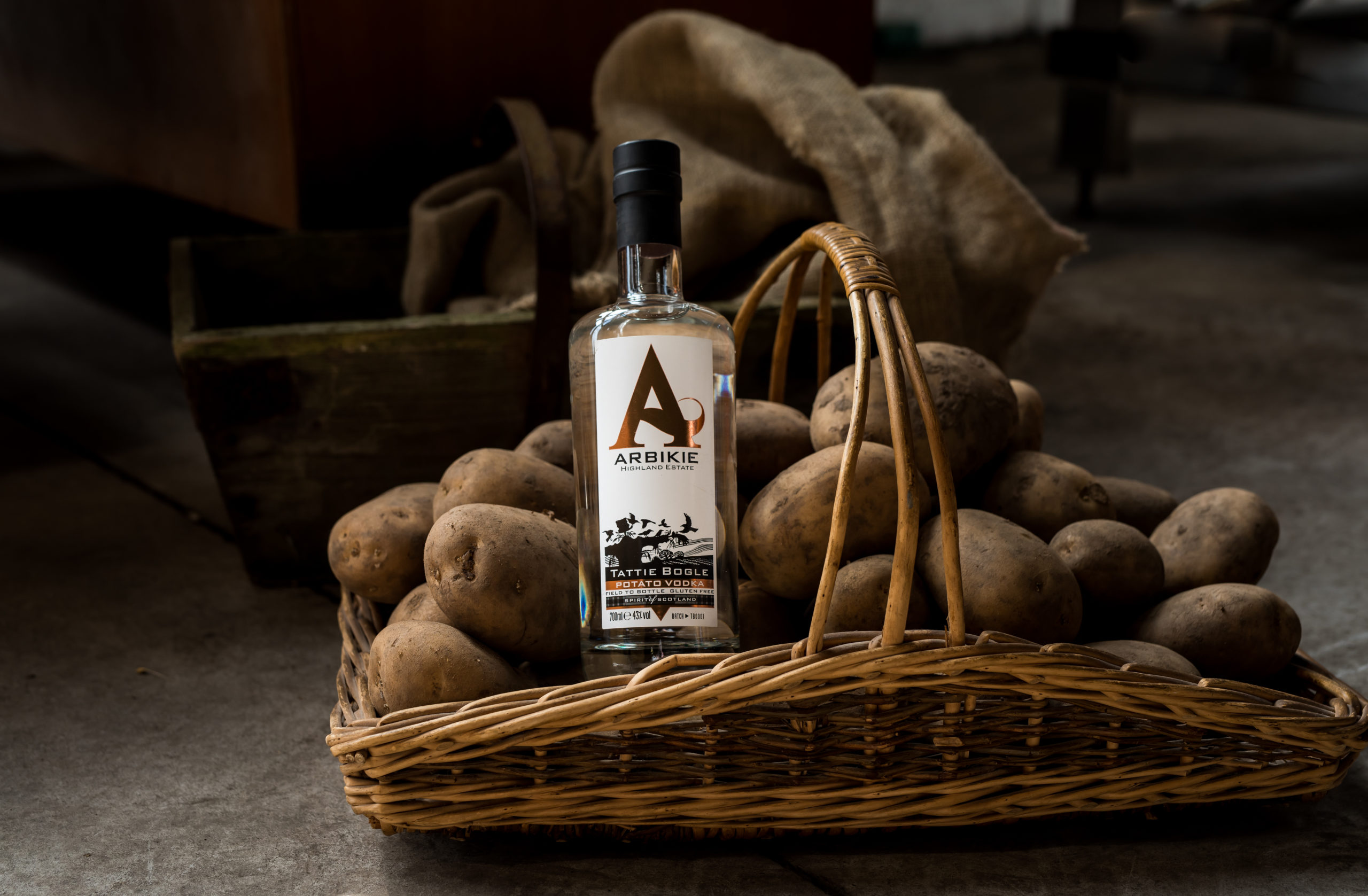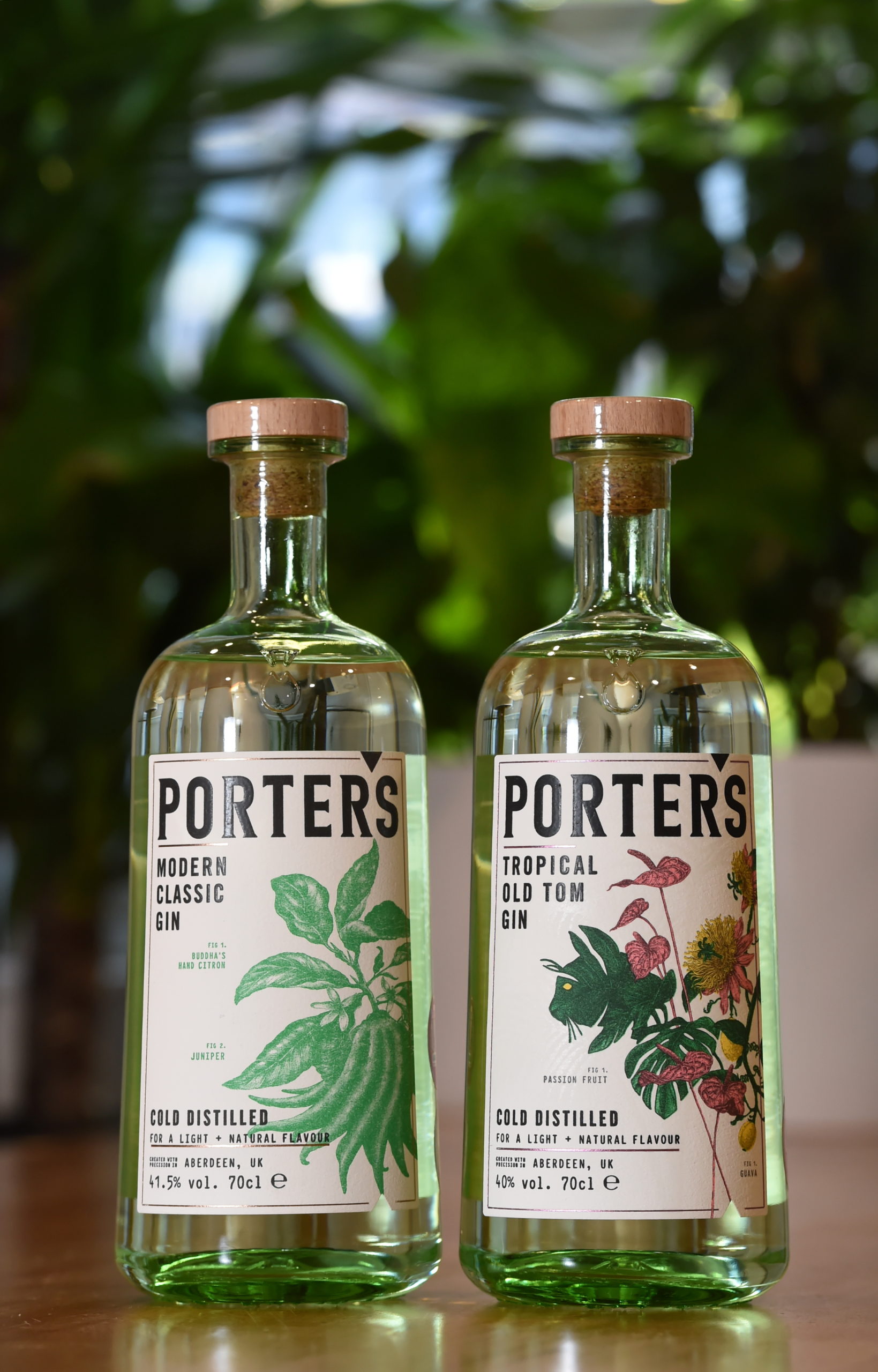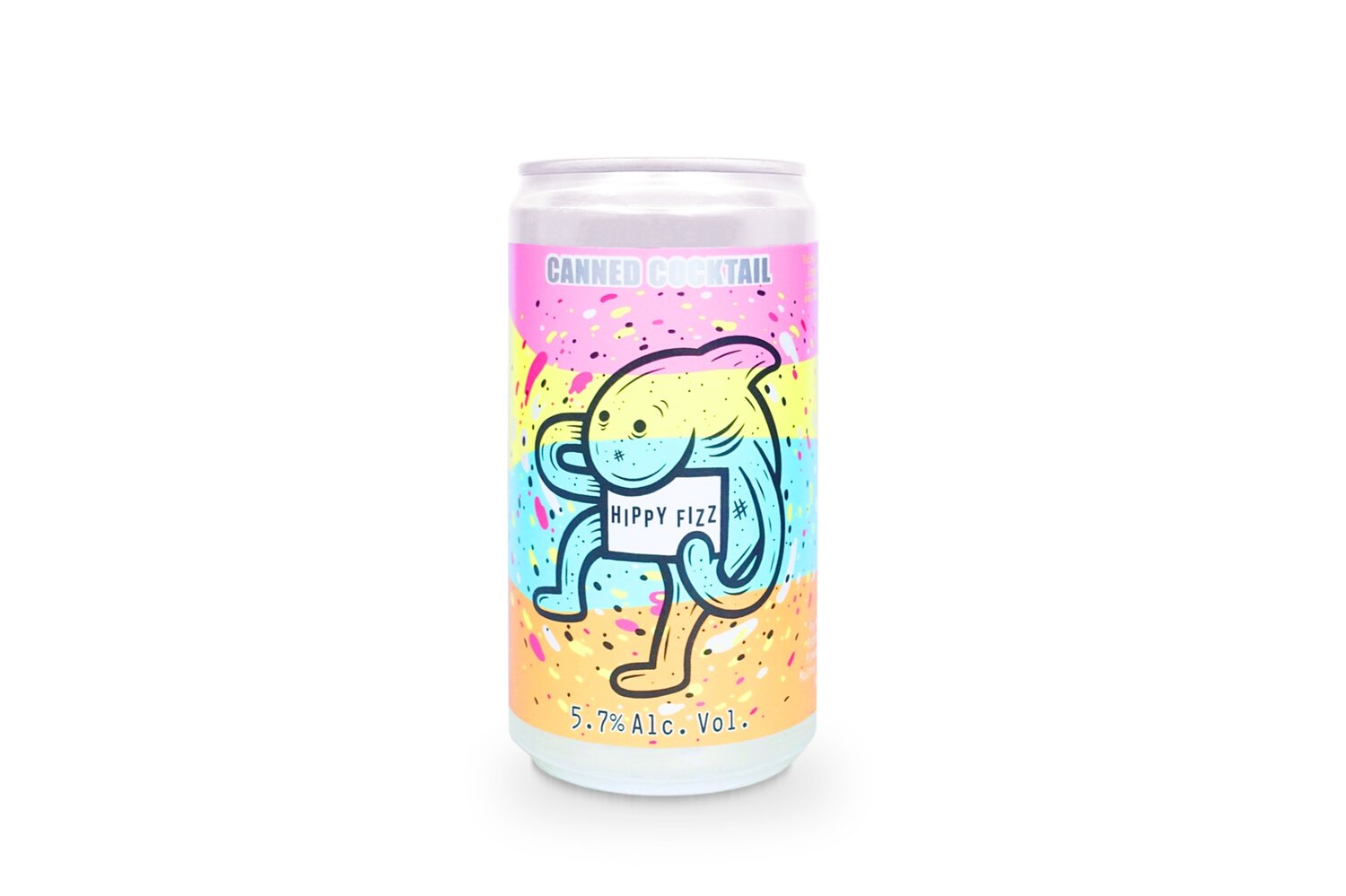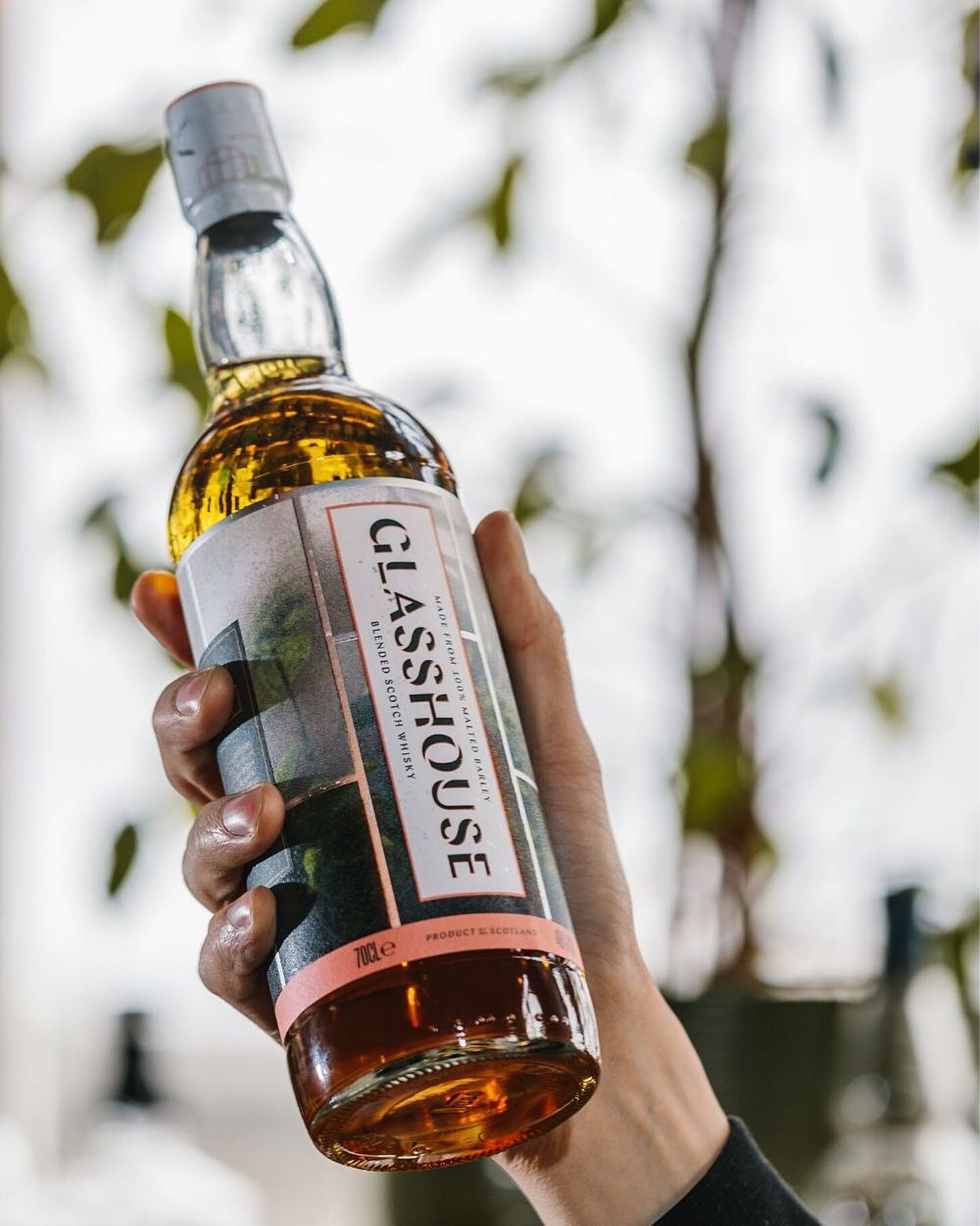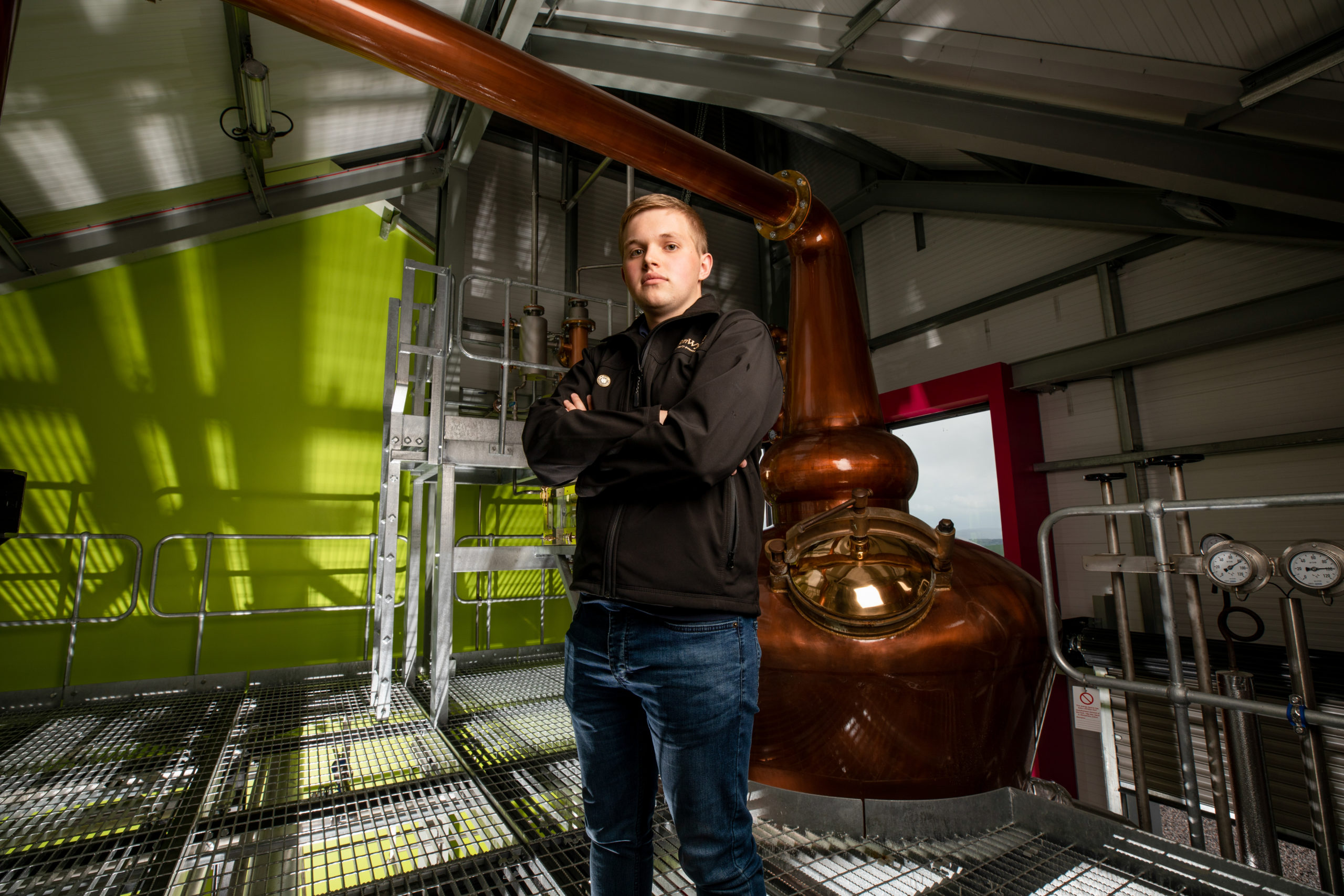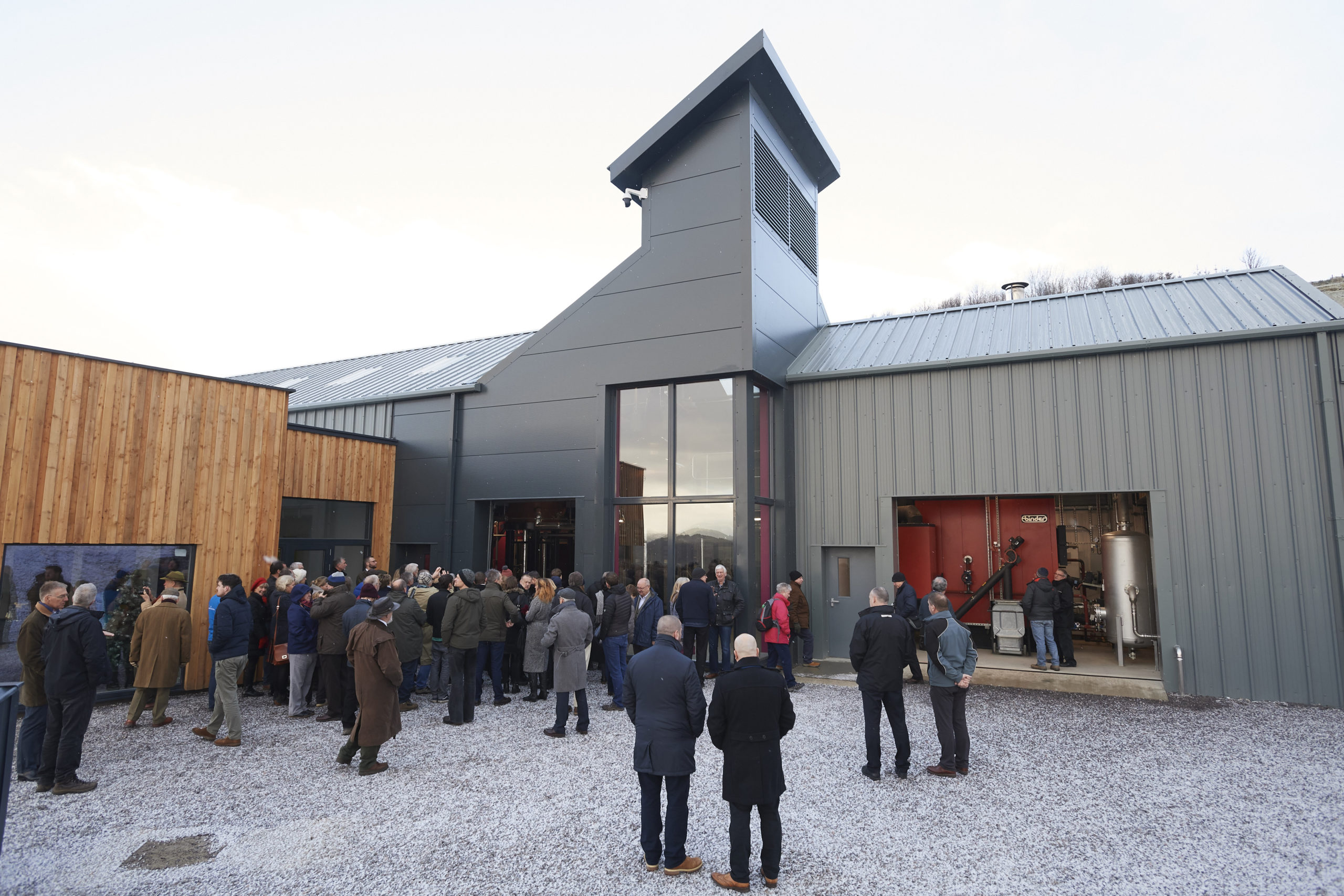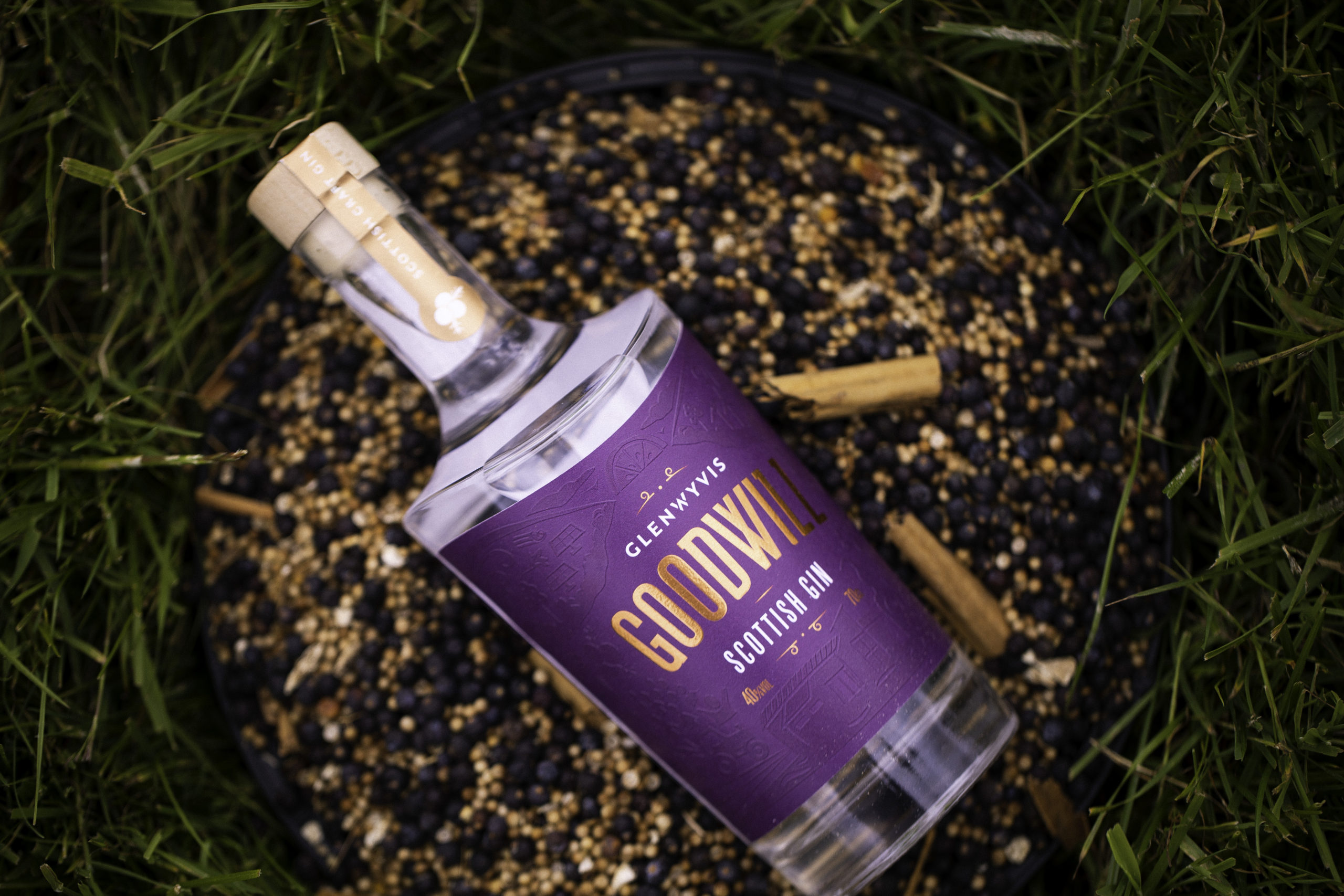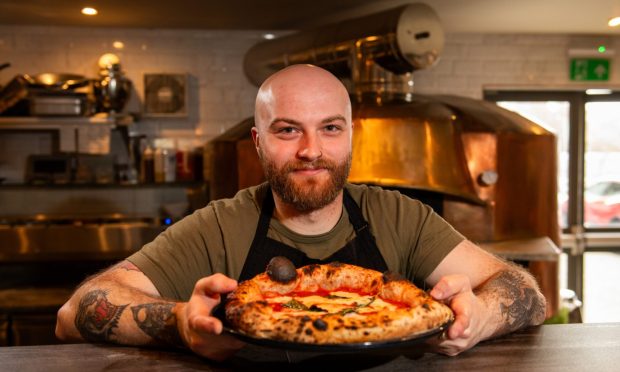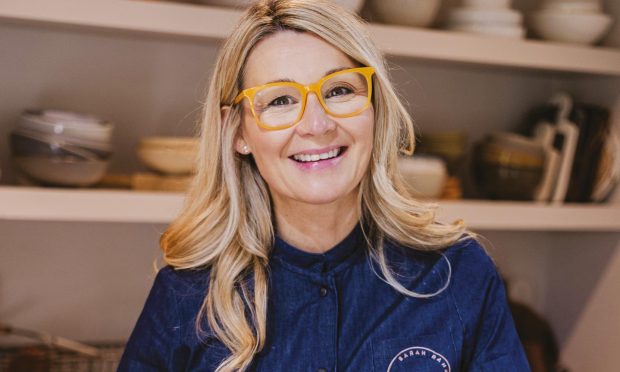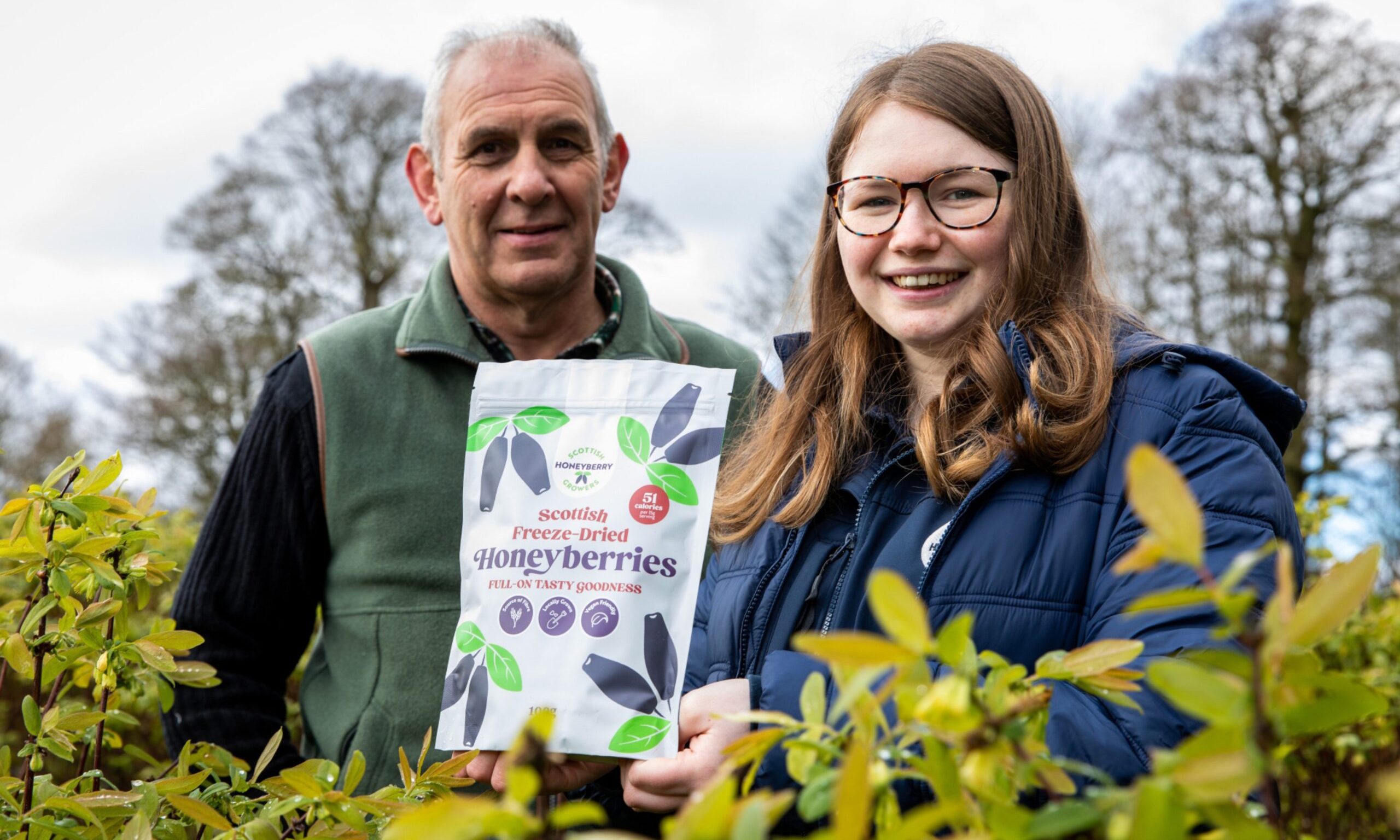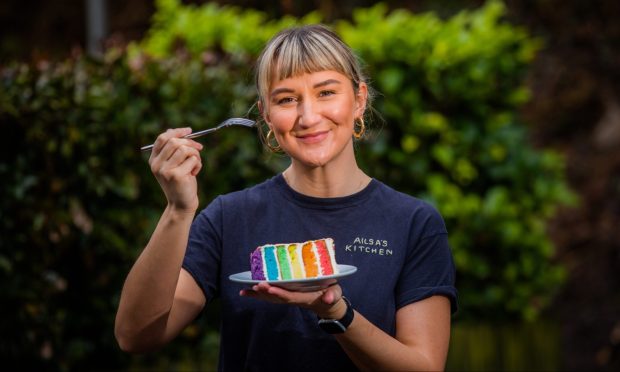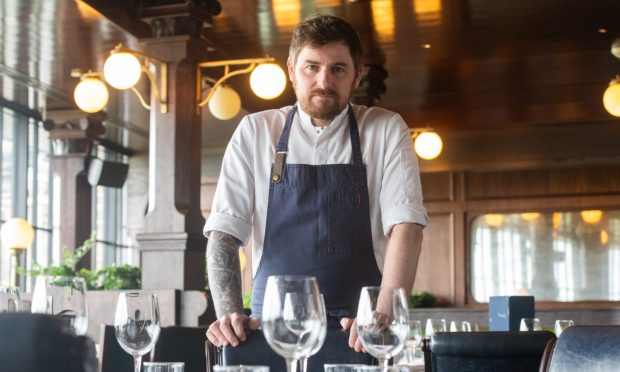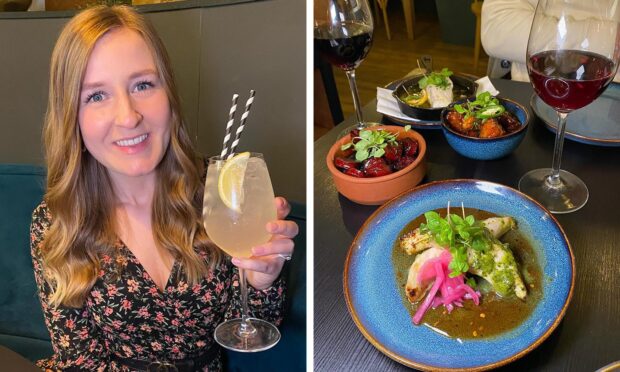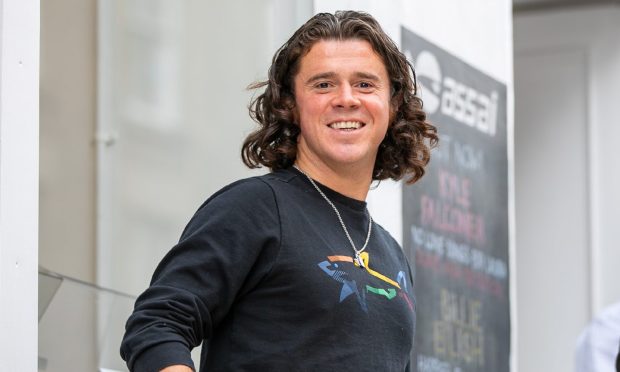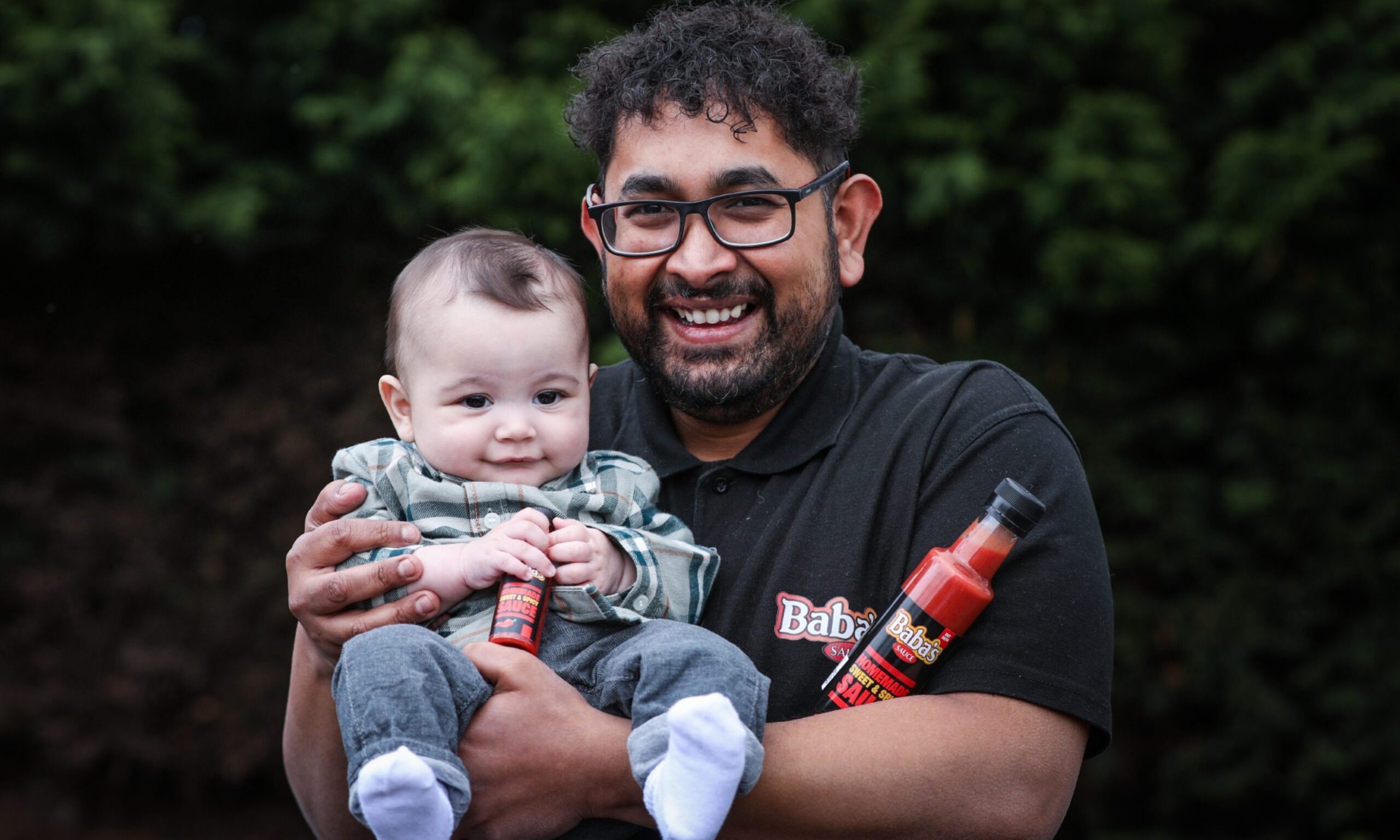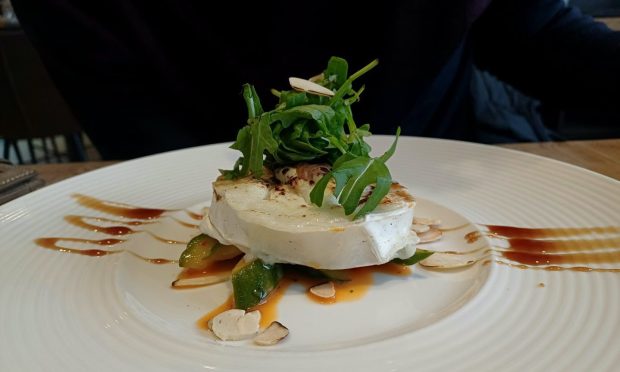From building new state-of-the-art distilleries to launching world firsts, these gin producers are pushing innovative boundaries with sustainability at the forefront.
Sustainability has been a constant feature for the past two years or so, with more businesses revealing their plans for a more sustainable and environmentally-friendly future.
And rightly so. Given that Scotland has led the way on numerous initiatives to tackle the issue, it makes sense that the Scottish spirits industry is also leading the way.
Eden Mill is just one of the firms doing so, and is in the beginning stages of constructing its new sustainable distillery.
Creators of gin, beer and whisky, co-founder Paul Miller and his team at the Guardbridge-based business have worked with the St Andrews University to build a better and brighter future. Based on the university’s campus, the new production facility will be based on the Eden campus in Guardbridge where power and heat for the stills will be supplied by the university’s biomass plans ans solar panels on the new distillery’s roof.
Carbon neutral
Aiming to be ready to open on St Andrew’s Day 2021 (November 30) Paul says it is full steam ahead after having a successful few months thanks to the team’s innovative thinking behind launching virtual gin tastings and cocktail masterclasses.
He said: “Looking at funding something like the distillery, having a really good handle on your profitability is really important. It is such a moving feast at the moment with the pandemic. In our case we’ve been very lucky in some of the decisions we’ve made. There’s been a lot of work in the background revisiting our plans.
“We’re at a transition time in the business of moving towards construction of the new distillery. We’re looking to build what will be the first carbon neutral distillery in Scotland.
“The site on the Eden campus was an old paper mill. St Andrews University bought it in 2010 and we discovered it had a fair bit of history in distilling in brewing (it had been a distillery in 1810) and we were looking for a site where we could set up. We persuaded them to let us on it but all the time they had to vision of the site being green-energy led and wanted it to be a home for innovation.
“They have a biomass which they set up in 2014 and have developing plans for a significant amount of solar energy, too. They wanted a distillery to be part of the future and in 2016 they earmarked a site we would move to and we planned towards that. We had to set up a temporary distillery during 2018 and 2019, which ended up running into this year so we could distil our products. That allowed them to work on the part of the site they needed to.
“The new distillery will located next to the biomass plant on the rivers edge and it will give us a great visitor experience for people to come to. We were getting 20,000 visitors every year, but with this new premises we’ll be able to welcome 40,000. We’ll have three floors with a two tonne mash whisky still which will enable us to produce up to 800,000 litres of new make spirit per year. We can operate a number of tours with gin and whisky on the site.
“There’s a lot of new distilleries popping up, and the positives of working towards being carbon neutral and using the university’s energy systems will be fantastic using their local grid for our distillation process. In turn we are hoping to have solar panels generating energy on the distillery roof.”
Bottle design
But its not just the premises Paul is looking at, the firm has also recently revealed a new bottle which is more easily recycle and the lightweight design now uses 18% less glass than the industry standard.
“We’ve also made a lighter bottle for our gin making it easier to transport. It’s around 18% lighter than the average industry bottle which we think is important to consumers. Our ceramic bottles are great for gifts, but for those buying more regularly, it means they can feel better about it.
“We were previously outsourcing our e-commence deliveries to a firm in England, but over 60% of our online orders were in Scotland, so we centralised it and brought it back in-house to our warehouse in Glasgow. We’re challenging every process and trying to figure out how to do it better.
“The returning bottle scheme the government is working on is something that has received mixed reaction from the distilling world. They have delayed the implementation of it but we’re trying to look at it from the point of view of seeing how we can be as efficient as we can when it comes to this. We need to be a little more forward thinking and figure out how we can work together on this. There’s a few distilleries offering pouches, but then that’s using plastic. We’re trying to embrace all these things and adapt to them long term.
“By the end of this summer we look to have removed all plastic from our e-commerce home deliveries. We’ll be using reinforced cardboard to ensure the bottles don’t get damaged. There will be a whole series of other initiatives, too.”
See how Love Gin is made…
Field to bottle
Around 30 miles up the coast at Lunan Bay, Arbikie prides itself on their field to bottle ethos, growing all of their ingredients on the family farm.
Launching the world’s first climate positive gin, Nadar Gin, Iain Stirling, the commercial director of the firm, says it has a carbon footprint of -1.54 kg CO2e per 700ml bottle.
He said: “Our business is very farming and ingredient orientated. It is always nice to do things differently and using ingredients we grown on-site has always been something we’re very passionate about.
“We will launch our brand or distillery experience later on in the year which will be very much focused on being experiential. We’ll be focusing on the real quality of it and allowing people to see how how we farm from scratch and produce everything on-site. Sustainability has always been a key driver of the business. It goes back to that custodian of the land – we’re farmers and have been for 400 years plus. The land will be passed onto the next generation and the distillery really plays into that. People want to know where and how food and drinks are made now more than ever.
“Reducing carbon miles is really important and what we’ve done with Nadar Gin, and the incredible science behind it is amazing. Driven by our head distiller Kristy, we partnered with The James Hutton Institute and with Abertay University. There’s that academic analysis behind it, too. When you’re doing by getting -1.54 kg CO2e per bottle of gin is pretty amazing.”
Sustainable foraging
While Arbikie has the facilities and space to grown the range of ingredients it uses in its gin and other spirits, many don’t. But being mindful of the natural habitat and ensuring businesses forage ingredients smartly and sustainably is something Iain says is vital to ensure wildlife and the plants survival.
“Foraging is also a big player in gin just now, so it’s thinking ‘how can we make that sustainable?’, that’s why we grown the ingredients we are using as we need to be very aware with what we are using from the local area. As volumes increase you don’t want to upset nature’s balance. I think this period of time is really making people question sustainability.
“We’re leaving a legacy and we’re growing all the ingredients we use like the rye for the rye whisky, the chillies for the chilli vodka and so on. Naturally we’ll extend our product offering in line with Nadar Gin and I think the new experience will really allow people to understand that they can see exactly where all these ingredients are grown and how we make everything here.”
Porter’s Gin in Aberdeen is currently working on its third gin release and is concentrating on a series of canned drinks, something co-owner Alex Lawrence says will make their brand stand out from the crowd.
He said: “We have a third gin coming out which may or may not be the final one of the range. I don’t think we would have made it had the right questions not been asked. We’re not just going to release something in the saturated market which doesn’t excite us. You need to be different than the same story or similar flavours.
“We looked at different industries which aren’t related to drinks but are about flavour and took influence from them. It was more about, what’s the best thing about it and how do we highlight it? You need to be distinctly different and have provenance.
Canned ready-to-drink ranges
“The thing I’m most excited about is extending our ready-to-drink range. When we launch we’re looking to take it from just having Hippy Fizz, to a collection of six. We’re not doing anything that looks similar to any of the products. They are all individual, have their own brand words and what I enjoy about that is that we’ve collaborated with leading professionals in the drinks industry from Paris, London to Australia and by collaborating, we’re innovating. We created an umbrella concept on how we’d go around making these things. We didn’t put in the typical branding rules of being in a range of having continuity, its about creating a space where we can be unique and not worry about the design brief. It is very freeing.
“We’re looking at bringing all the production for everything in-house which is quite unique for a brand of our size, and in the UK. Not many people have cans internally so we’ll be able to take that control back.”
Purveyors of smiles
Opening the first micro-distillery in Aberdeen for more than 100 years, Alex says it is Send A Negroni, a drinks project spearheaded by the team in spreading joy by sending a drink and personalised message to your loves ones which he is most proud of.
“I think it’s more about empathy and understanding where no one has gone before and doing something that is genuinely interesting – just the fact we’ve put ourselves as purveyors of smiles and evoking happy emotions with Hippy Fizz and Send A Negroni. That’s something I’m really proud of. It’s addressing the question of ‘Why would anyone care? And does it make them fell good?’.
“It’s these products which have emotions attached to them that people engage with more now, rather than the actual product.
“We released Glasshouse Whisky because whisky highballs were gaining popularity and no one had set out there to answer the question of ‘What whisky do you use?’, so by understanding the question, that is where all of out innovation has come from.
GlenWyvis Distillery in Dingwall is Scotland’s first ever 100% community-owned distillery.
With 3,500 shareholders getting a say, the business launched its first gin, GoodWill, and has since released cask matured versions, too, which ties in nicely with its first whisky release in February 2021.
Community-owned
Josh Fraser, office manager at the distillery, said: “It is totally unique in the distilling world. We have around 3,500 shareholders who have all bought shares in it at various amounts. Compared to conventional or community shares via crowdfunders and that sort of thing, no matter what each individual has put in they each get one vote. Everyone has the same say and a voice.
“The whole point of being community owned is to help the local community, which will take us a few years as we’re mainly a whisky distillery and that won’t turn a profit for a few years as our first whisky won’t be ready until spring next year. The whole ethos is that future profits will go back to the community – the way I see it would be that there’s a community fund where profit goes into this fund and goes to local charities and other groups. Shareholders will get dividend payments, but the majority of profits will go to this fund.
“One of the core reasons why our directors decided on being community-owned was because Dingwall as a town doesn’t have much going for it. The tourism is really dying off in Dingwall and there’s a lot of shops closing down. The football team is still in the Premier League, and with Inverness close by, everyone just goes there. One thing it doesn’t have is a whisky distillery, and one of our future plans would be to have a visitor centre at the distillery to offer tours and bring people into the town. The whisky and gin industry is huge and people want to visit distilleries so when they do, they’ll be more inclined to spend their money in the local community and visit the town.”
Renewable energy
Running on 100% renewable energy, Josh says the business is very much focused on its carbon footprint and is looking for ways to be able to store leftover energy it may produce so it can run 100% on its own renewable energy sources.
“We use 100% renewable energy. The distillery itself, the production is all steam powered and we use a biomass boiler for that. We have a 550 kilowatt wood chip biomass boiler which burns the wood chips down to create steam. We’re the second in Scotland that uses 100% biomass. There’s a few others that use part, but they are still using oil and gas,” said Josh.
“We’re based on a farm and there’s other renewables we harvest. There’s a wind turbine, hydro scheme, solar panels and the bore hole. The heating in the office is air sourced heat pumps so that our carbon footprint is as small as it can possibly can be. We do import some of our energy from renewable sources, but our goal in the future is to install battery storage so that we can store power, too. We have an electric car which we use for deliveries and our labels are made from sustainable material. For the whisky we’d love to have it as 100% recyclable – the cork, tin capsules, and that sort of thing.”
For more drinks news…
What to expect on a visit to a Scottish whisky distillery when they reopen
